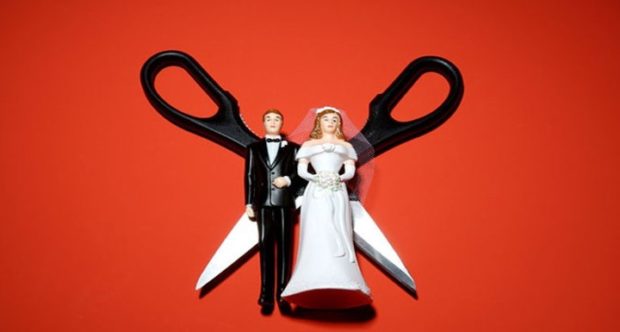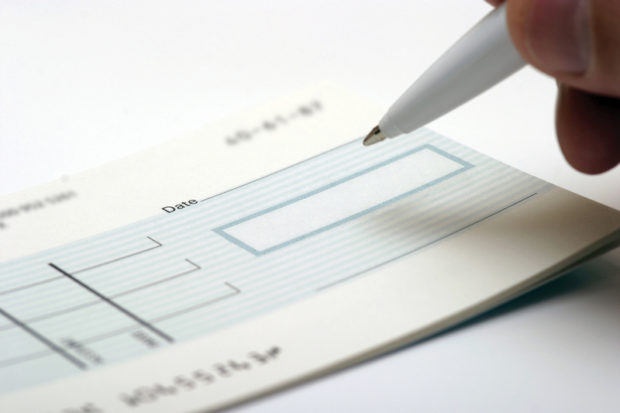I’ve written a lot about the Procedure for Mutual Consent Divorce and Contested Divorce in my previous articles. A lot has been written about the Grounds for Divorce as well. However, there is another important topic which often isn’t talked about much. That is, territorial jurisdiction for filing a Divorce Petition. Since most marriages in India are governed by the Hindu Marriage Act, […]
Procedure For Contested Divorce As Per Hindu Marriage Act In India
“They say marriages are made in heaven. But so is thunder and lightening.” — Clint Eastwood At times, despite our best efforts, life takes a turn for the worst. We may have wanted different things from life, but life’s got its own plan as well. A bad marriage is something which nobody hopes for, but at times, that’s exactly what […]
Procedure For Mutual Consent Divorce As Per Hindu Marriage Act In India
“I’m so miserable without you, it’s almost like having you here.” -Unknown Marriages are hard. Divorces…even harder. Nobody enters a marriage thinking about a divorce in the end. If some are unable to cope with the harsh realities of marriage, the only viable option in front of them is to approach the Court and seek legal separation by way of mutual […]
Indian Police Department Goes Digital – Directed To Upload FIR Online
FIR which stands for First Information Report seems like a simple process, but in reality is a lot trickier. There is a lot more which meets the eye. I’ve already written an articles regarding the basics of FIR. Now the law says that the Police must register a FIR for a cognizable offence. I’m sure you must have heard of […]
If Your Cheque Is Dishonoured Due To Any Reason – You Are In Trouble
At the outset, I wish to make it clear that I won’t go into the details pertaining to Section 138 of the Negotiable Instruments Act (“NI Act”) which comes into play whenever is a cheque is dishonoured. It gives you a legal remedy of approaching the Court and initiate Criminal proceedings against the person who issued you the cheque. I’m assuming that you know the basics […]




